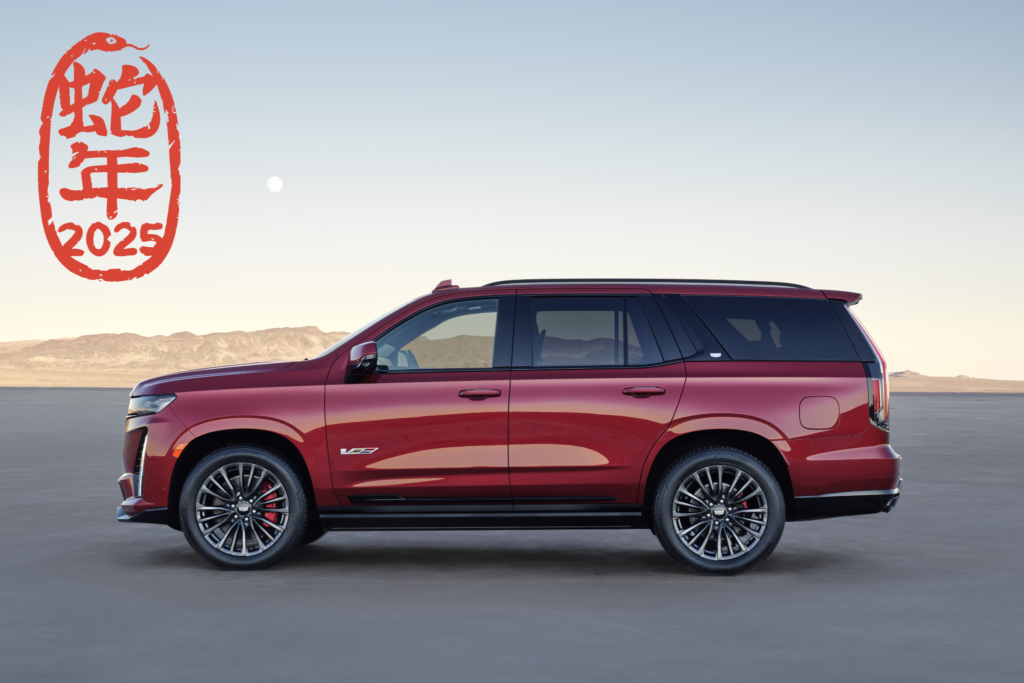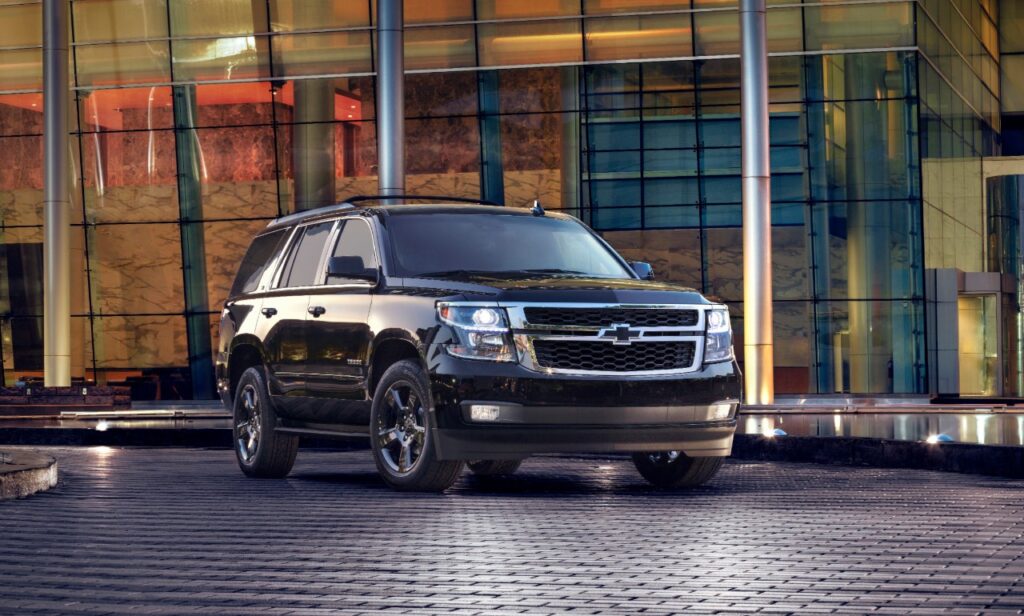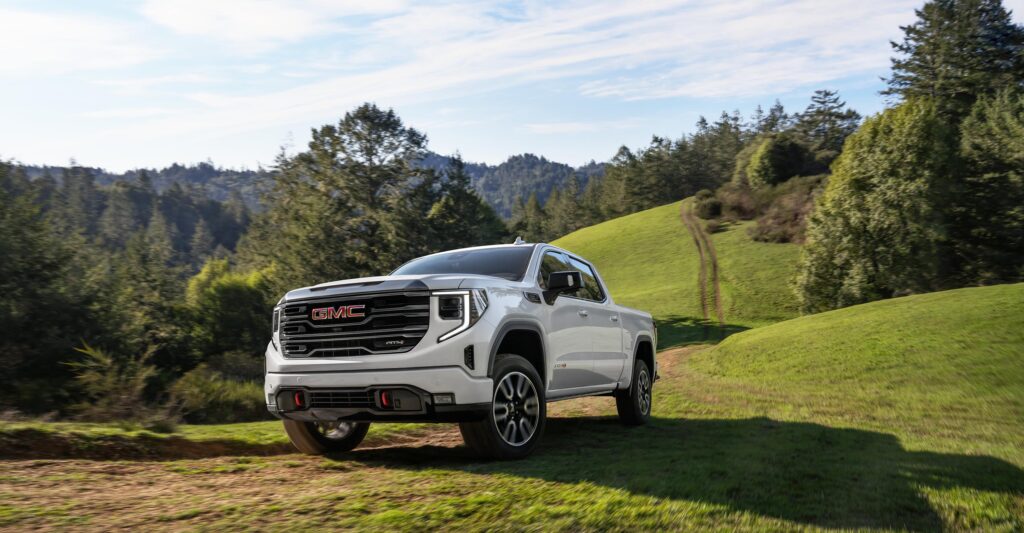“From ICE (Internal Combustion Engine) to EV (Electric Vehicle). What are the technical and cost challenges for the Homologation Department of AEC?” Read on to learn more about Ann-Katrin Burkart’ thesis and the intriguing findings of her research.
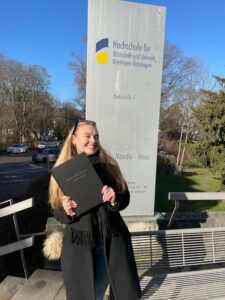
For the first time in 27 years of AEC’ history, we have a bachelor thesis written about us – and by none other than one of our working students, Ann-Katrin. After her semester abroad in AEC’s home country Canada, she transformed her deep interest in cars and eagerness about electric vehicles into an insightful research paper and we couldn’t be happier that she chose AEC to write it with. Her compelling bachelor thesis about the potential challenges that AEC could face in the future with the rising popularity of electric vehicles of course caught our attention! Therefore, we interviewed Ann-Katrin to learn more about the process and the reasons behind choosing to research this topic with AEC.
What studies were you pursuing?
I studied Automotive Business for my bachelor’s degree at the University of Nürtingen-Geislingen, near Stuttgart.
What were the main reasons for choosing to write your paper with AEC?
What prompted me to write my thesis with AEC was my desire to research a practical problem that the automotive industry is currently facing. My semester abroad at the BCIT – British Columbia Institute of Technology – in Vancouver, Canada, sparked my interest for the variety of cars available on that side of the world, especially electric vehicles (EV). One day I was going on a stroll around the campus when I noticed a charging station in the university’s parking lot. I was intrigued by the Canadian charger cables and after checking out the charger plugs, the idea for my thesis’ topic sparked. After my internship at AEC’s Corporate Communications & PR department and after having in depth touchpoints with the American iconic car brands Dodge and RAM, I decided that the title and topic of my thesis would be “From ICE (Internal Combustion Engine) to EV (Electric Vehicle) – What are the technical and cost challenges for the Homologation Department of AEC?”
Tell us more about the process and the outcomes of your research.
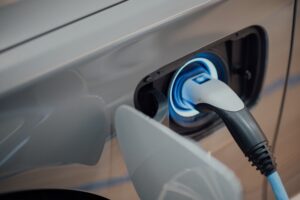
I employed several analysis methods, such as Porter’s Five Forces, cost comparison, technical comparison of the homologation, and expert interviews.
The outcome and final answer to my main question are separated by cost and technical differences. My first finding was that all the detected cost and technical challenges are dependent on the potential changes in the legal foundation of the homologation process. The legal foundation 2018/858 within the European Union is the Regulation (EU) of the European Parliament and the Council. This regulation holds all the necessary information for the homologation process of a car. Until now, there aren’t specific homologation processes or mandatory test procedures for the homologation of an imported EV, but the interviewed experts forecast new regulations soon.
On the technical side of the homologation process of an EV there could be several changes that might lead to cost reductions. For example, since we are dealing with electric engines, there is no direct pollution such as exhaust fumes, therefore there is no longer a need to find solutions against pollution. This means that the procedure from testing to development will no longer be necessary, also leading to a cost reduction in Research & Development (R&D).
What were your main responsibilities as a working student at AEC’s Homologation Department and how did those relate to your thesis?
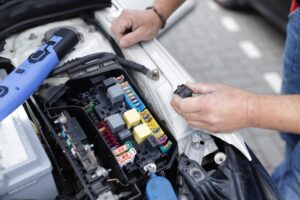
My main responsibility was to coordinate the test appointments. The appointment for an EMC – electromagnetic compatibility – Test of the Chrysler Pacifica hybrid was crucial for my analysis of the technical and cost comparison. For the testing procedure, we took the car to the test laboratory where I had the opportunity to watch the test procedure live on site. In addition, I supported my team with daily tasks like coordinating test appointments with external laboratories, answering customer tickets from our ticketing system, organizing team events, editorial and project-based support.
What were the most challenging and the fun parts of writing your thesis?
The most challenging parts were editing the expert interviews and keeping a clear overview of all the topics and information I wanted to include on the 67 pages of my research. I had the most fun while visiting the EMC laboratory and experiencing the test procedures first-hand. I consider this experience one of the most memorable days at AEC, it was extremely interesting, and I am very grateful to have had this opportunity.
What are your plans now after the thesis is finished?
I just started my master’s degree in business informatics in Munich at Hochschule München University of Applied Sciences and will be staying at AEC as a working student in the Homologation Department.
Why would you recommend pursuing writing a thesis with AEC?
Overall, I can recommend writing a thesis in collaboration with a company, because of the practical experience you can gain. Especially with AEC, I learned a lot about practical challenges and solutions in the technical area of imported vehicles, and I received a lot of support from my team, therefore I would like to thank the whole Homologation Department which supported me during the process of writing my paper.
Would you like to know more about homologation and why it’s so crucial for the automotive business? Check our blogpost on What Makes Homologation So Important.

